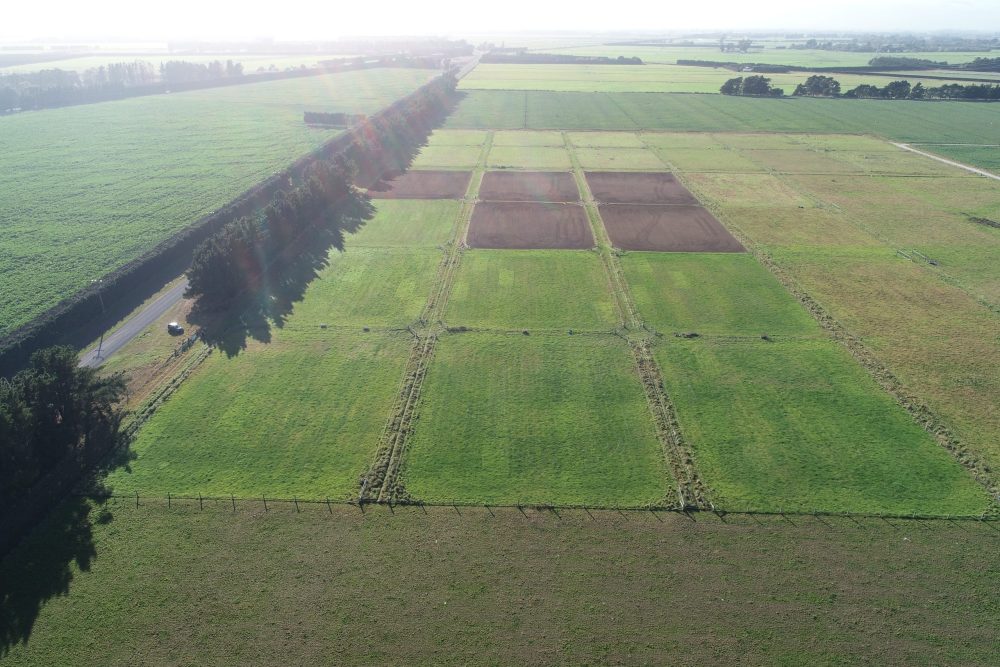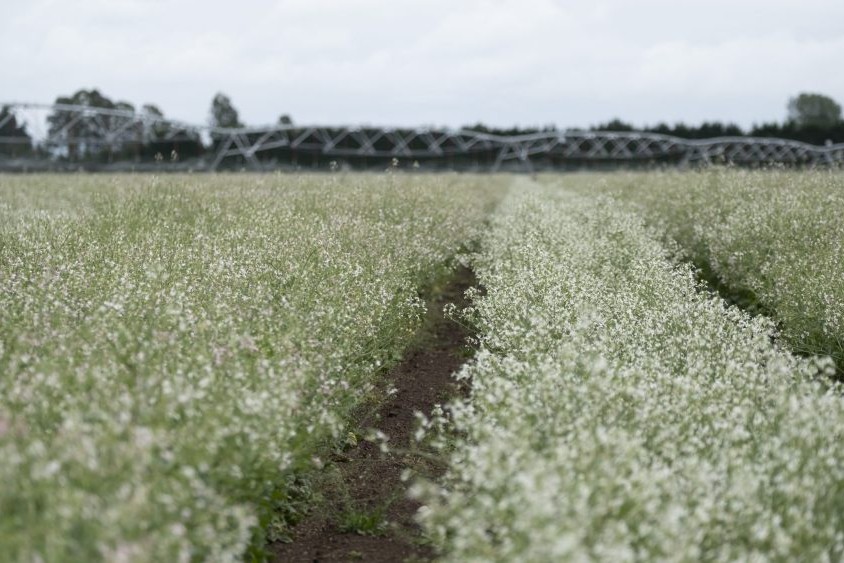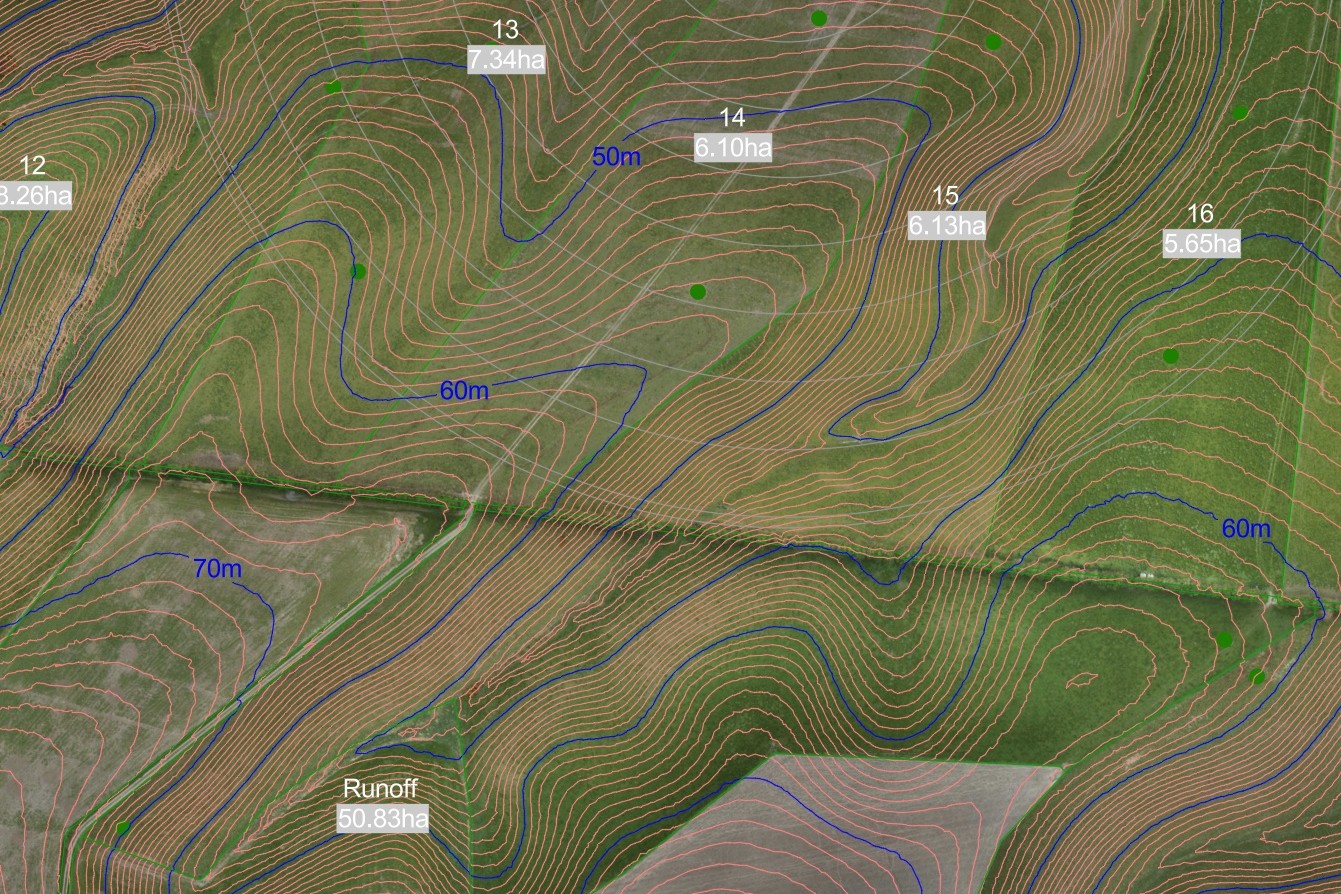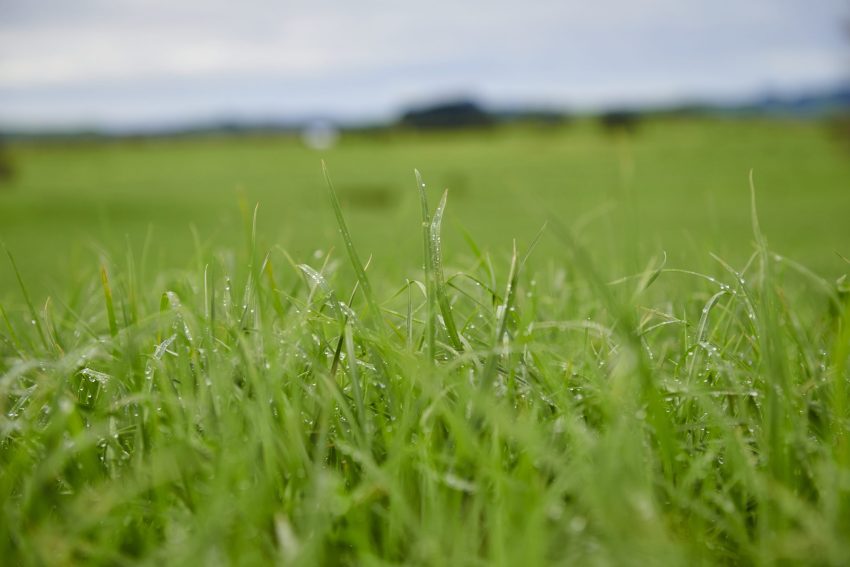Staying ahead of the game
He’s only 22 years old, but Canterbury farmer Luke Hurley has a wise head and a thirst for knowledge. His efforts are paying off with a big win at a recent winter feed competition. Story and photos by Annabelle Latz.
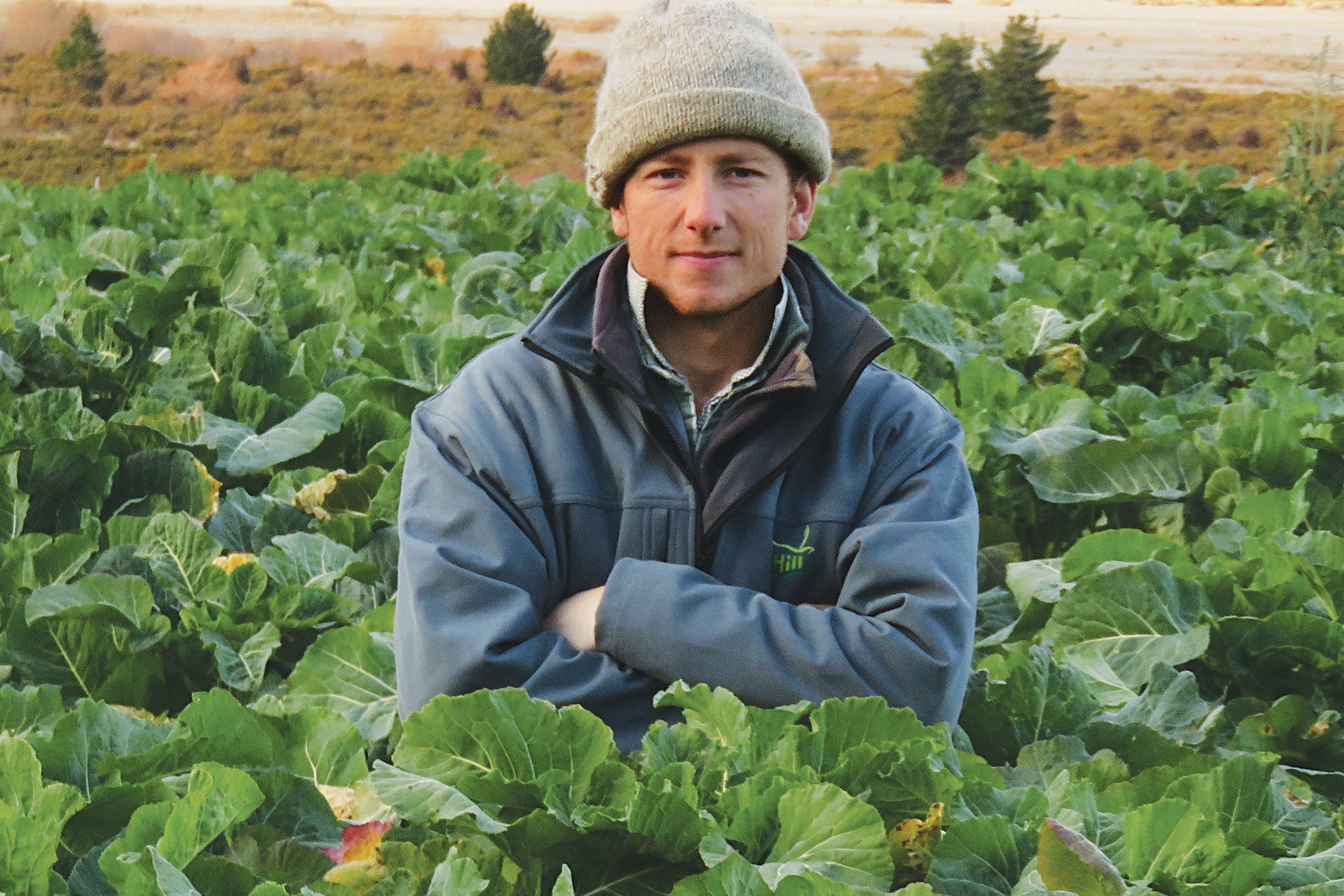
For the last couple of years, Luke Hurley has averaged 17t/ha for his early November planted dryland kale, with 12t/ha average on the later January planted irrigated wholecrop kale.
At this winter’s Oxford A&P Association’s winter feed competition Hurley was crowned Supreme Champion with his paddock of dryland kale, taking home the Des McGrath Challenge Cup.
He says growing good kale, or any crop for that matter, is about being ahead of the game, not behind it.
“Feed your soil like you would your stock.”
Hurley is heading into his third year as manager of Eagle Hill Farming, a 560ha farm in the Waimakariri Gorge, North Canterbury, of which 430ha is used for trading, finishing dry stock and dairy grazing. The farm sits 260–362m above sea level.
The trick to growing good kale starts with early soil testing and paddock selection.
“It’s knowing what you’re dealing with from the start.”
He’s talking about base nutrients, or lime, as it’s all about giving the soils enough time to get to the levels they need.
“So the seed can hit the ground running. You won’t get great results out of waiting for them to be hungry and then feeding them.”
According to Hurley, soil preparation often gets overlooked, because it can take six months to a year to get the soil to where it needs to be. “We want everything to be there for the plant.”
Soil testing is something they do plenty of at Eagle Hill, which Hurley admits can be a bit of a hassle and costly, but well worth it. They test 12 months ahead of sowing date.
“Lime and your trace elements don’t change overnight, and at the end of winter it’s only a month until you put your seed in the ground, so you need to know your levels well in advance.”
He says farmers can throw an extra $500/ha at a sown paddock in an attempt to correct soil health. “And you’re never going to get that money back or see the full potential of the plant if you’re rip, shit ‘n’ bust.”
Hurley developed an interest in crop farming at an early age when he learned the importance of getting it right with the systems, because knowing how your land sits is how you save money and time.
“Crop farming is a science, but there are definitely some secrets.”
As soon as he arrived at the Waimakariri Gorge, Hurley tested the farm for trace elements and nutrients. From there he could grasp what levels he was aiming for, especially important with intensive farming systems.
Soil types are Rangitata and Lismore, with a big variance in soil profile.
“Down the bottom next to the Waimakariri River are the great heavier soils where we are often growing high yielding crops.”
He works with 230ha of irrigated land through pivot, K-line rotorainer and Ocmis gun, irrigating out of the Waimakariri River through the farm’s own intake that flows into a gallery and pumped via lift pumps.
In total they’ve only irrigated 60 days over the last two summers. Hurley said they’re also lucky having such high rainfall, receiving 1250–1550mm/year. The nor’westers can play a factor some summers, sucking the place dry.
It’s a mix of till and non-till, cultivating out of winter crops, ripping and discing. As well as kale, during summer they grow 30ha of wholecrop barley for steers and dairy cows, and 30–40ha of oats. For the past couple of years beet has averaged 30t/ha on dryland and 27t/ha on irrigated land.
“Where conditions allow us to direct drill, we will.”
Summer months are also spent cutting and baling grass, which is fed to young stock over winter. They try to make a bit of hay from Italian ryegrass, with varying success depending on the summer.
“For the past couple of years we’ve sort of let it go like grass seed, then turn that into grass-seed straw which the calves tuck into – they love it.” It’s also a bit more palatable than barley, wheat or rough straw.
Hurley concedes his young age is an obstacle at the moment, but he’s grasping every opportunity to learn as much as he can. As a youngster growing up in Canterbury’s West Eyreton, he was always “keen as mustard” to get out with his dad, which he says has led him to where he is today. “Because you can only learn so much without 30 years of seasons under your belt.”
Hurley was a dairy support manager in 2019, which involved managing the day-to-day stock/pasture management in an intensive grazing and cropping system. Prior to that he was a stockman and farm assistant. “School holidays and weekends were always used to gain farm experience.”
His strong work ethic does not hinder his fun too much, though. When the tools are down, Hurley enjoys hunting, fishing, helping out in the Oxford community and playing rugby for Oxford Rugby Club over the winter months.
He encourages other young farmers to put their best foot forward into every opportunity that presents itself, because you only get out what you put in.
His plan for the near future at least is to learn and grow in his profession as much as he can.
“After the many hours of hard work and planning that goes into growing the best crop and animals you can, in the environment you are given, a successful result is such a reward.”
Knowing he can only control what he can, he does his best to not let the uncontrollable affect his decisions.
“And then I’ll work out how to do it better next season.”

